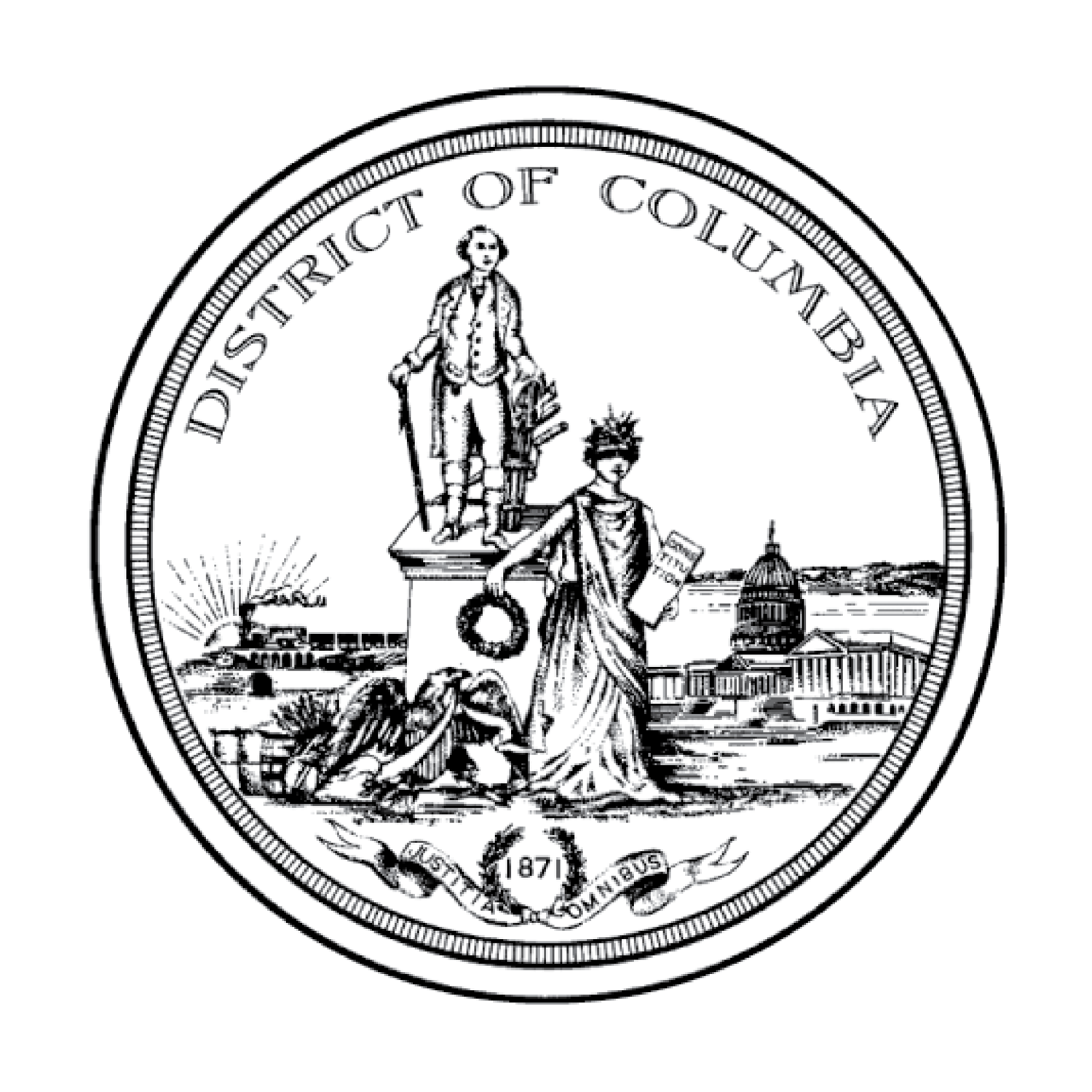Providing a Minimum Income in the District of Columbia
The Council of the District of Columbia’s Office of the Budget Director issued a report on the feasibility of a public program which would guarantee that every resident has enough resources to meet their basic needs entitled Economic and Policy Impact Statement: Approaches and Strategies for Providing a Minimum Income in the District of Columbia. REMI, Inc. honored the study with the 2018 George I. Treyz Award for Excellence in Economic and Demographic Analysis.
This analysis was prepared at the request of At-Large Councilmember David Grosso and Chairman Phil Mendelson and is the second report that the Budget Office has prepared under D.C. Council Rule 308. It offers the Council an evidence-based resource for weighing this proposal’s policy implications and economic costs and benefits.
The study is divided into three sections:
1. An analysis of D.C.’s cost of living versus the social safety net benefits available to low-income households;
2. A discussion of three methods for providing a minimum income: a negative income tax, a guaranteed minimum income, or a universal basic income; and
3. An economic analysis of a minimum income program’s impact on the D.C. economy using REMI, a widely used economic forecasting model.
The report confirms that it is very difficult for low-income households living in the District to make ends meet. The public social safety net provides enough resources for some, but not most, low-income households to meet their basic needs.
The estimated level of income that three, typical households in the District would need to pay for their basic necessities absent government benefit programs is higher than the current minimum hourly wage of $12.50. The income levels are as follows:
Single adult: Annual income of approximately $36,988 or an hourly wage of $17.78;
Single parent with one child: Annual income of about $66,113 or an hourly wage of $31.79.; and
Single parent with two children: Annual income of roughly $96,885 or an hourly wage of $46.58.
A prototypical single, working age adult without a disability whose earned income falls below the Federal Poverty Level would not be able to meet their basic needs even if they received all the public social safety net supports to which they are eligible.
The existing social safety net is robust enough to allow a prototypical extremely low-income single parent with one or two children to meet their families’ needs, assuming they can access all the public benefit programs to which they are eligible (including a housing voucher). It is important to note that eligibility for a safety net program does not guarantee receipt of the benefit.
The study forecasts economic conditions under four possible minimum income scenarios relative to a projection of the conditions if there was no change in policy. The study predicts that a minimum income program could negatively impact economic growth, although the magnitude varies greatly depending upon the program’s design.
Raising households’ income to 100 percent of the Federal Poverty Level is likely to have a relatively small negative impact on the District’s economy and labor force. It would cause the D.C. economy to add 1,600 to 3,000 fewer jobs and increase GDP by $99 million to $185 million less over the next ten years than otherwise projected.
Raising households’ income to 450 percent of the Federal Poverty Level—roughly D.C.’s cost of living—could have major implications for the District’s economy and tax base. It would reduce the number of jobs in D.C. held by residents by 101,000 to 138,000 over ten years. The District would likely forgo about $2.6 billion each year in federal payments and grants. Such a program could increase local expenditures by $7 billion to $9 billion per year, essentially doubling the District’s current local funds budget.
Press Coverage
“Analyzing Basic Income Models in Washington DC,” The Basic Income Podcast. April 1, 2018.
“Can DC Afford to Implement a Universal Basic Income?” The Daily Wrag. May 05, 2018.
“Could a Basic Income Plan End Poverty in Washington, D.C.?” Undark (MIT Publication). May 10, 2018.
“District of Columbia releases policy analysis for basic income,” Medium. April 8, 2018.
“Is a Basic Income Possible in D.C.? The City is Looking into It.” Washington Post. June 7, 2016.
2018 REMI DC Policy Innovation and Economy Conference and the Economy. June 7, 2018.


